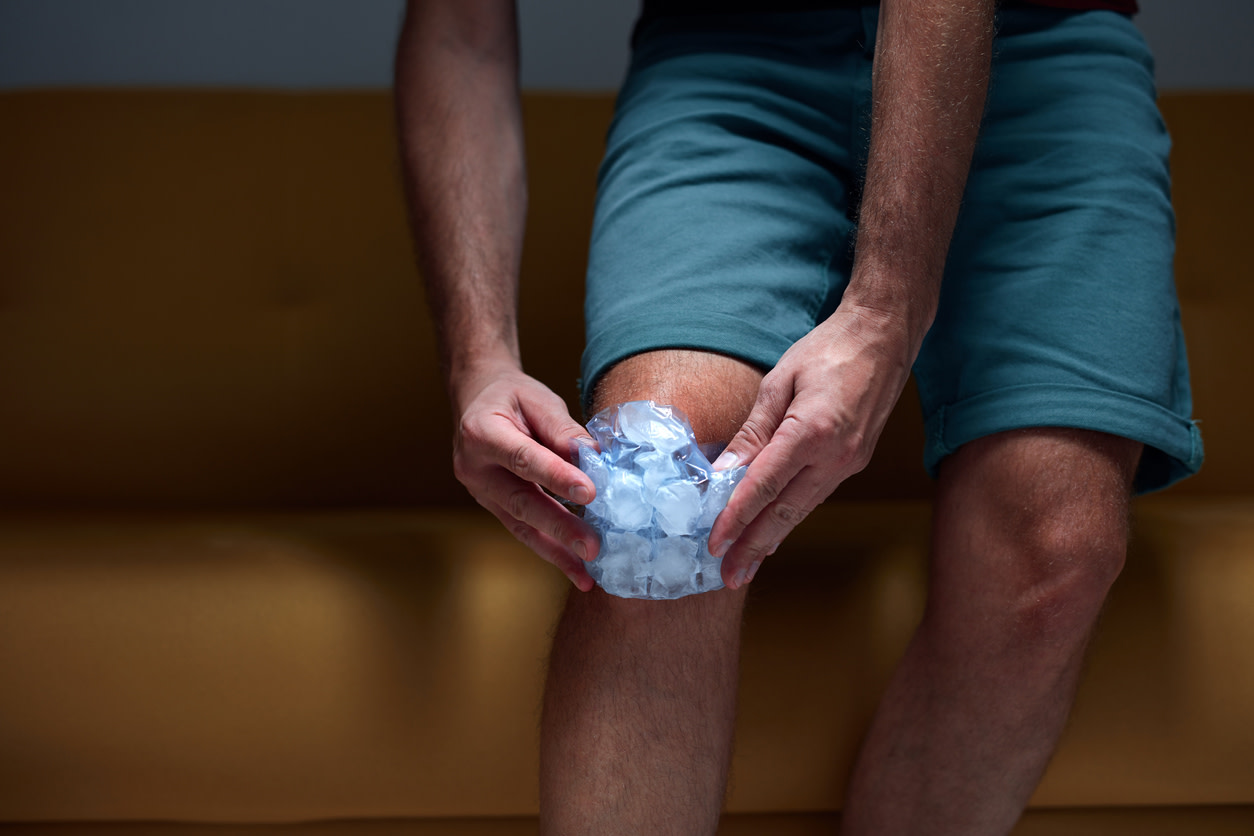How do you know if you need a knee replacement?
Wondering how to know if you need a knee replacement? Learn when to consider one and when conservative treatments may be a better option.
$0 cost to you
Published Date: Feb 4, 2025
Table of Contents
Fully covered knee pain relief
Find relief from knee pain, knee locking, stiff knees, & more.
Check if I'm eligible